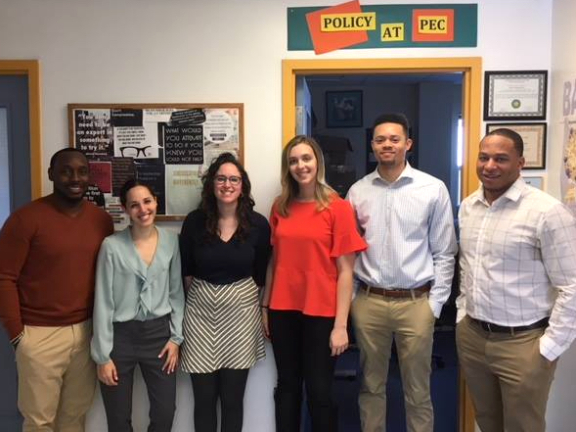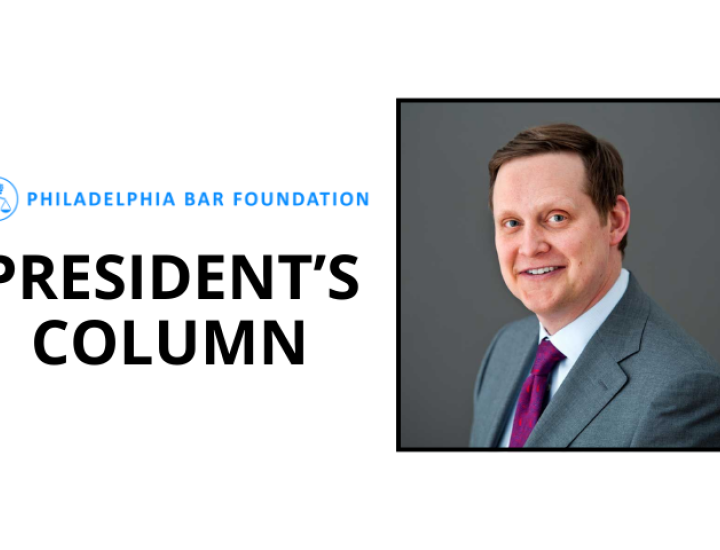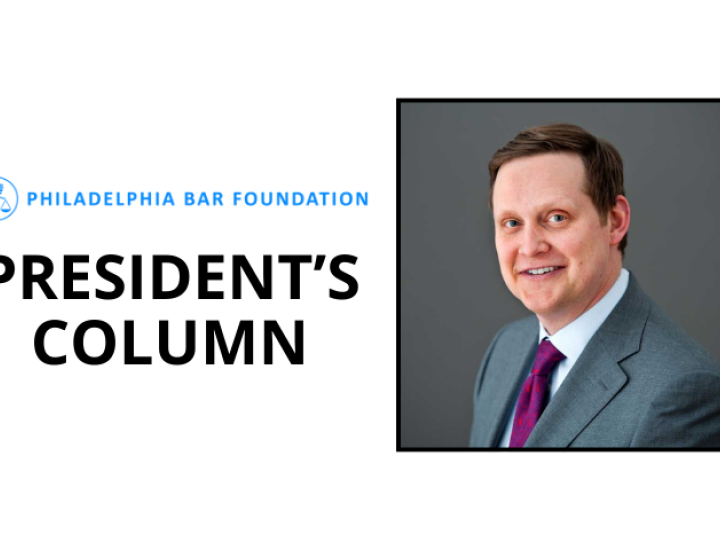Philadelphia Lawyers for Social Equity Find Success with Expungement

Criminal records are unfortunately a permanent punishment for most. Even non-conviction records can sometimes result in discriminatory practices when it comes to the job search and housing. Such post-prison obstacles impose barriers to adjustment and reintegration of people who have already paid their debt to society.
Our nonprofit partner, Philadelphia Lawyers for Social Equity (PLSE), is diligently working to resolve this issue through their Criminal Record Expungement Project. The project was initiated to represent low-income individuals through the expungement process to erase their legal record of an arrest or a criminal conviction in the eyes of the law. So far, PLSE has filed approximately 7,000 expungement petitions with a success rate of 95%.
PLSE has also partnered with our nonprofit partner Public Interest Law Center to create Fair Employment Opportunities Project (FEOP), which aims to ensure that Pennsylvania employers comply with the provisions of Pennsylvania’s Criminal History Record Information Act (CHRIA). CHRIA restricts the ability of many employers to refuse to hire individuals who have a criminal conviction record unless it affects the applicant’s suitability for the specific position in question. FEOP was established to litigate cases on behalf of job applicants whose rights under CHRIA may have been violated.
Managing Attorney for PLSE, Zane Johnson, emphasizes the consequences of these unfair policies: “In Philadelphia alone, we subject roughly 400,000 of our neighbors to various forms of social ostracism based on criminal records to our own detriment and with no public safety benefit.” As a solution, PLSE is offering legal service and educational clinics to low-income individuals that are affected by these policies.
In addition to these projects, PLSE also helps low-income people with criminal records apply for a pardon, which strikes their conviction from the books, effectively making the person innocent. The only authority in Pennsylvania who can grant a pardon is the Governor. Indeed, this is a complicated task due to daunting nature of the application process. Hoping to achieve the same success with the pardon process, PLSE is planning to set up “pardon hubs” to facilitate the assistance procedure.
Although the clean slate bill signed by Gov. Wolf in June 2018 is a progressive legislation that seals nonviolent criminal records after a decade, Mr. Johnson is calling for more policy changes. PLSE hopes that criminal justice reform will allow those with criminal records to achieve their full potential and contribute to society by letting them benefit from opportunities such as federal student aid and government benefits.
Learn more about PLSE's current projects and efforts on Generocity.

